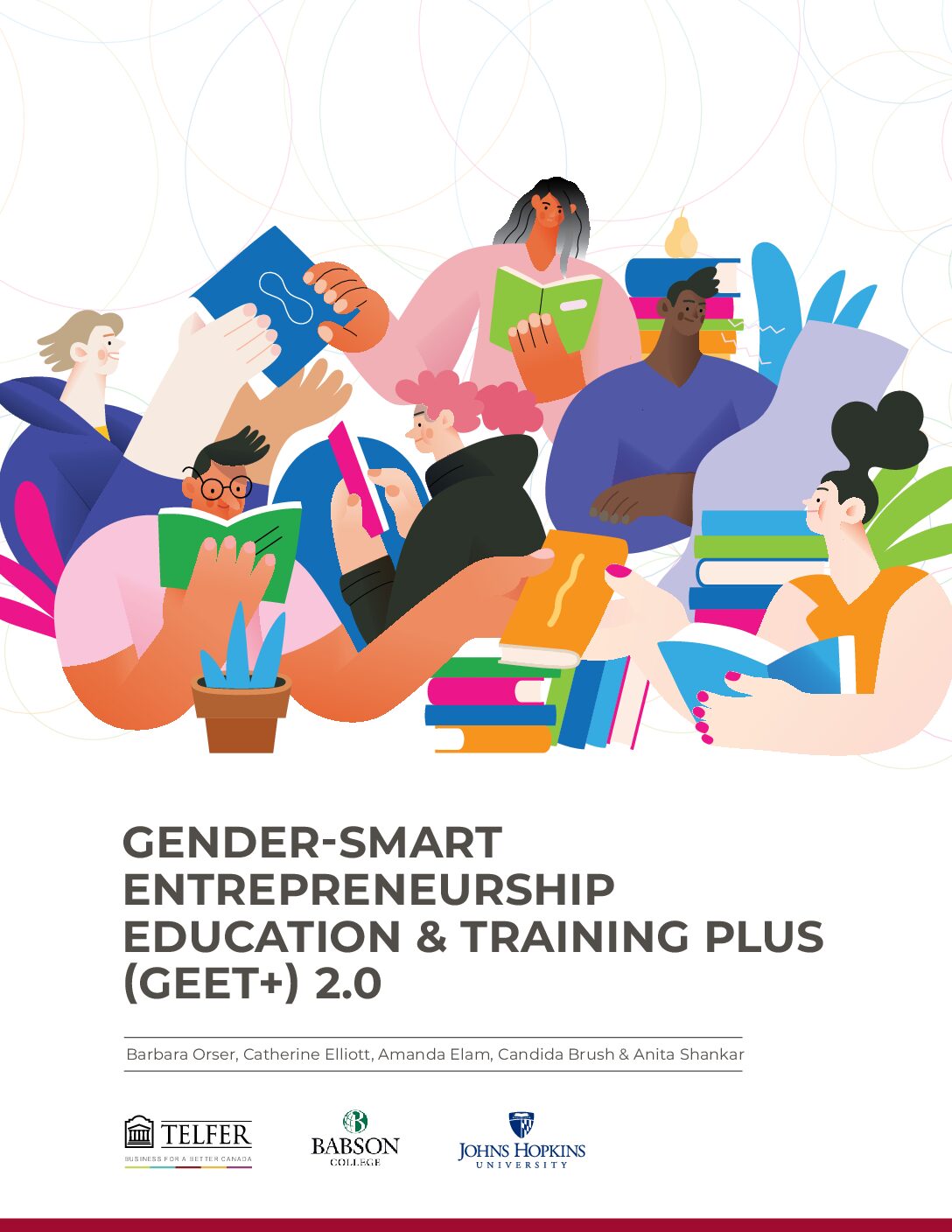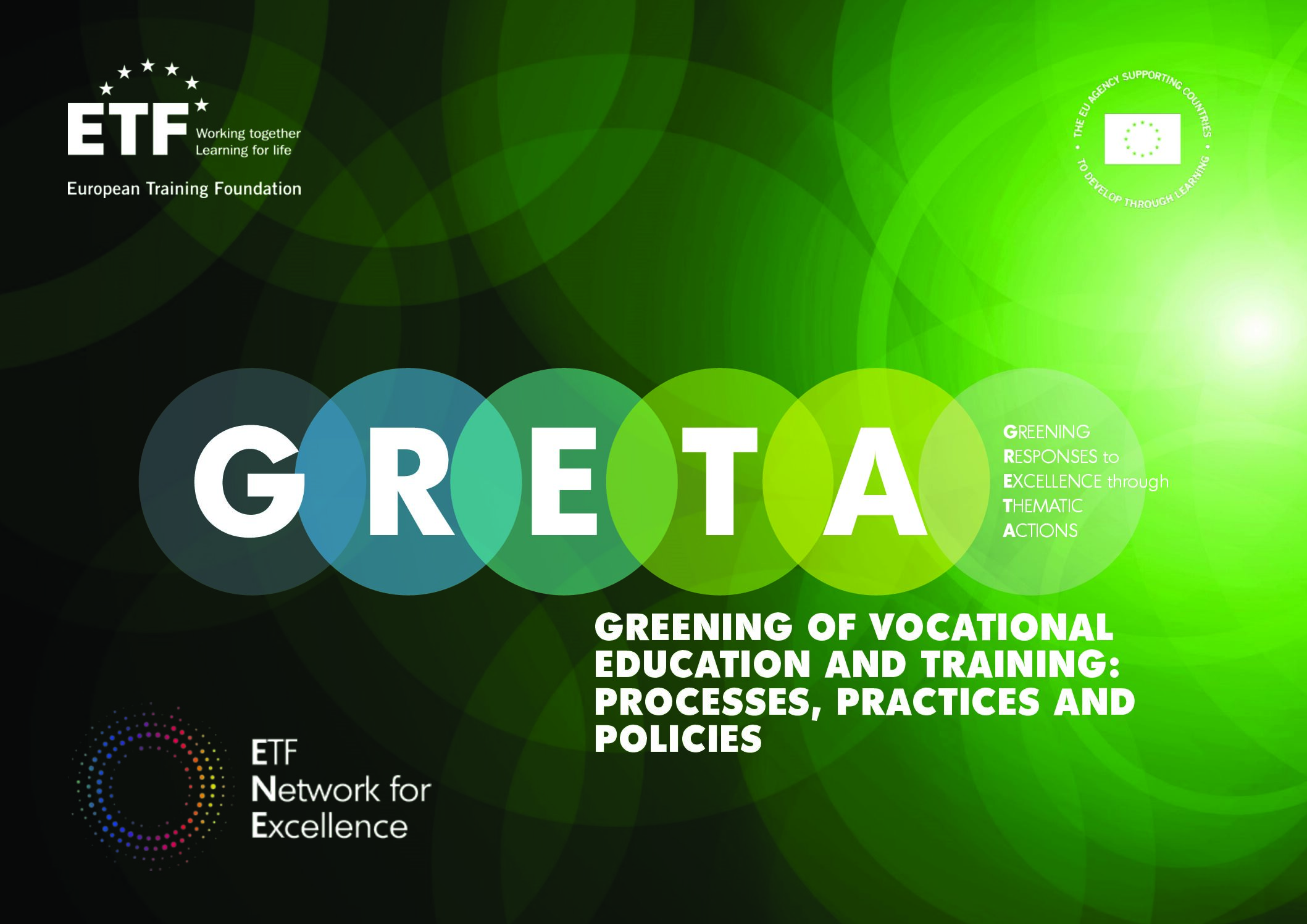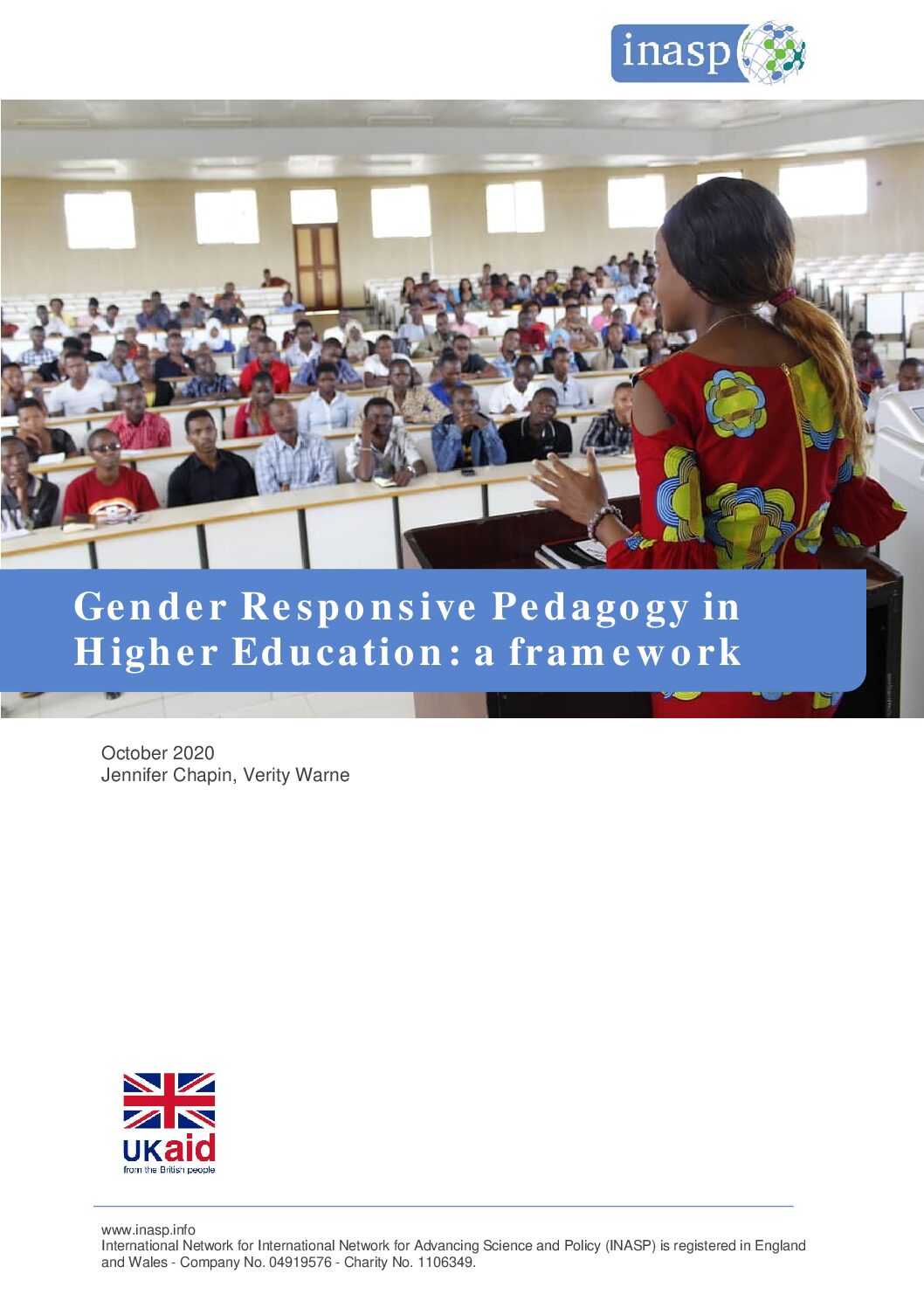This report shares insights and tools to support more inclusive and effective entrepreneurship education and training, especially for people from underrepresented and marginalized groups. It includes a list of assessment criteria to evaluate whether a programme is gender-smart.
This report presents insights into processes, practices and policies that vocational education and training institutions can adopt to ensure they equip learners with the knowledge, skills and mindsets they need to contribute to just transitions. It is based on experiences collected in the European Training Foundation’s Network of Excellence – a global network of centres […]
This report describes an approach to gender-responsive pedagogy by working with faculty in higher education to build an awareness of gendered stereotypes and biases in their teaching and learning, and, from there, explore new practices.
Institutions all over the world are setting up microcredentials in responses to calls from governments and industry: short courses, usually offered online by accredited institutions, with an emphasis on the needs of the workplace. They are also often used for retraining and upskilling. This book explains how to start offering microcredentials as an academic institution.
This is an example of a capacity building needs assessment for the energy transition, undertaken in Viet Nam.
This is an example of a regional capacity building strategy based on a comprehensive needs assessment.
This report compiles a collection of case studies from around that world that showcase programmes designed to address skills development of workforces for energy transitions.





